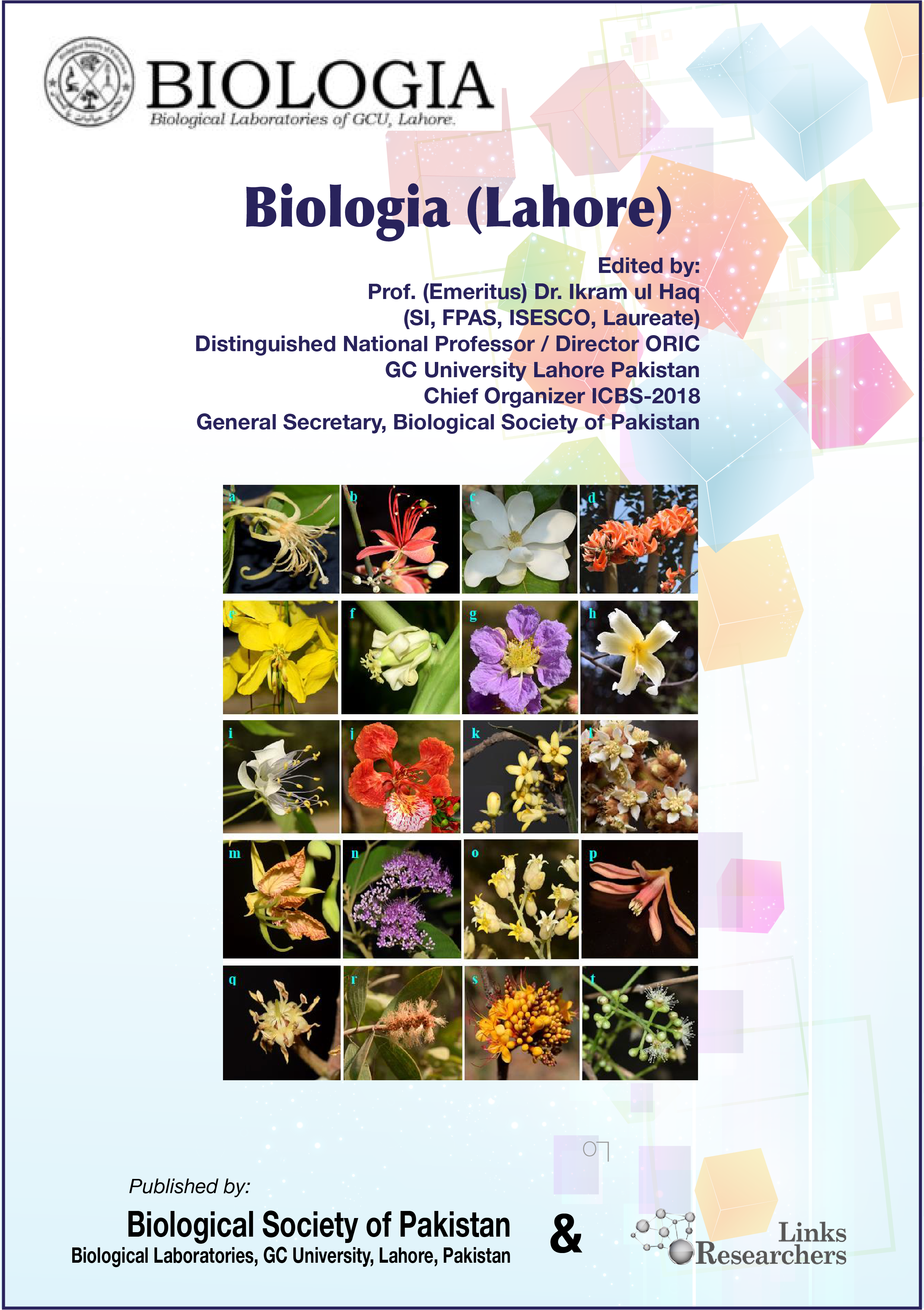Comparative efficacy of whole blood and hypertonic colloid solution on some blood parameters in resuscitation of acute hemorrhagic shock in Dogs
Comparative efficacy of whole blood and hypertonic colloid solution on some blood parameters in resuscitation of acute hemorrhagic shock in Dogs
MUHAMMAD AMJAD ALI1*, MUMTAZ AHMAD KHAN2, WAQAS AHMAD3, FAIZ-UL HASSAN4, SYED MUHAMMAD RAIHAN DILSHAD5, MIAN MUHAMMAD AWAIS1, MUHAMMAD IRFAN ANWAR1, MUHAMMAD RAZA HAMEED1 , MUHAMMAD ASHRAF SULTAN6 & HASEEB ANWAR7
ABSTRACT
The present study was conducted to compare the efficacy of fluid resuscitation using whole blood and hypertonic colloid fluid in dogs suffering from experimental hypovolemia. Acute hemorrhagic shock was developed in dogs to a touchstone blood pressure of 50 mm Hg, maintained up to 30 minutes. Resuscitation therapy was carried out using autogenous whole blood in dogs of group A (n=6) and hypertonic colloid fluid equal to the volume of lost blood in dogs of group B (n=6). Post-treatment recoveries in conscious state and hematological components to original limits were evaluated, while another group of 6 dogs (group C) served as untreated control. The clinical reclamation to normal state of consciousness, respiration and heart rates were comparable among both treatment groups. No adverse reaction was observed following transfusion of blood or Haes-sterilTM in any experimental dog. Hematological parameters like total leukocytic count (TLC), red blood cells (RBC), hemoglobin (Hb) and total proteins were also studied. Blood parameters such as RBC, Hb and total proteins were significantly different among dogs of both treatment groups. The changes in TLC values were insignificant amongst both treatment groups. Hypertonic colloid fluid can effectively be used as resuscitation fluid in medical emergencies.
To share on other social networks, click on any share button. What are these?








